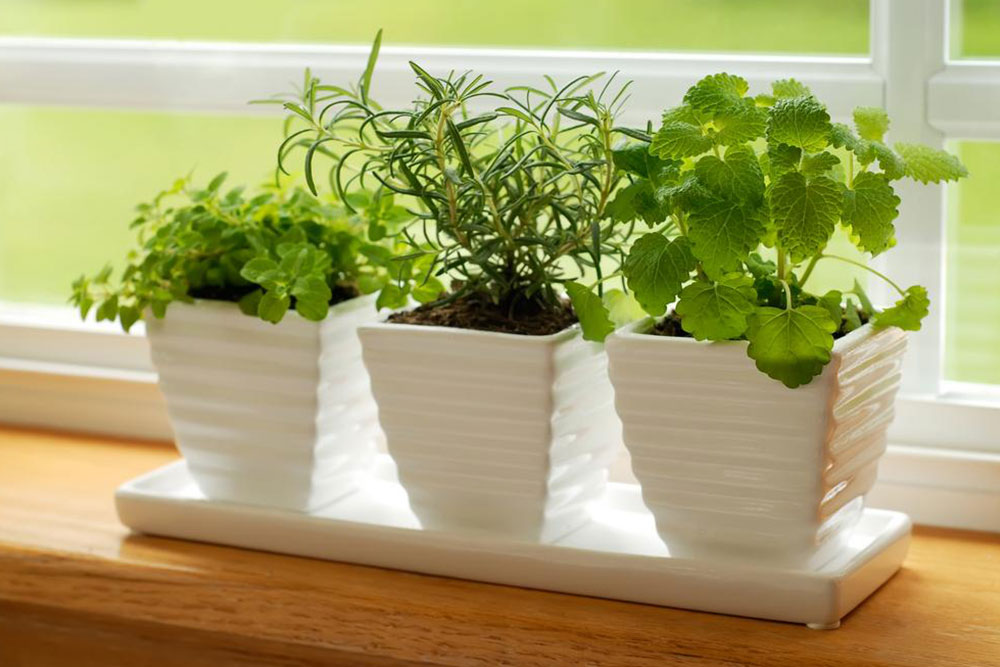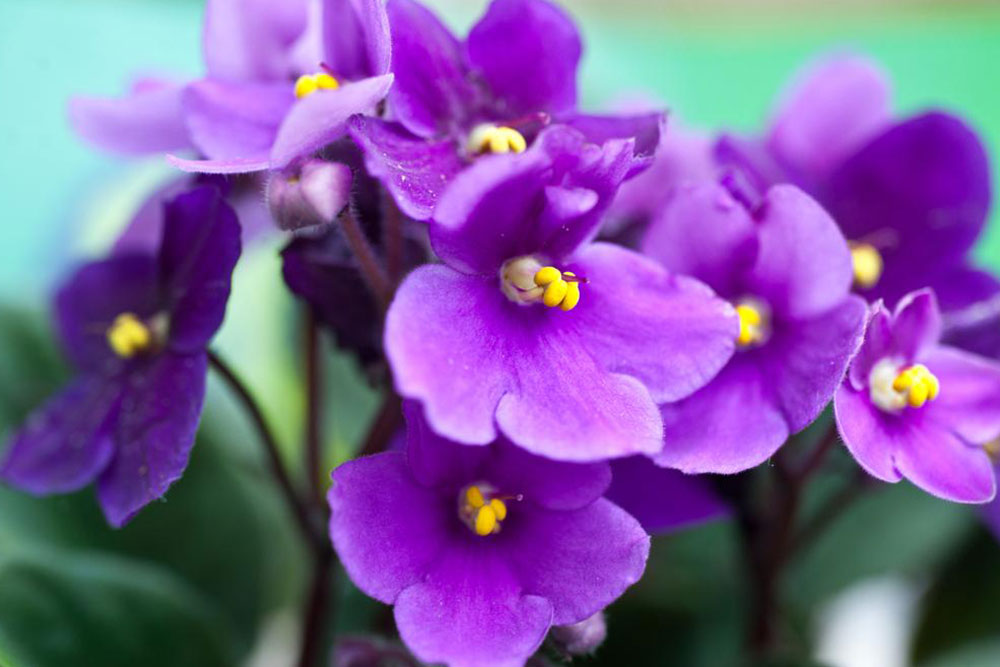Indoor Water Cultivation Tips for Healthy Orchids
Discover simple techniques to cultivate orchids indoors using water, eliminating soil for healthier growth. These easy steps help both beginners and seasoned gardeners maintain stunning orchids with minimal effort, mimicking natural conditions for optimal plant health.

Best Practices for Growing Orchids in Water Indoors
Orchids are elegant, yet delicate flowers that demand careful attention. Traditionally, they are cultivated in bark mixtures, but contaminated media can harm the plants. Caring for orchids indoors can be demanding and labor-intensive.
Using hydroponic methods simplifies this process. Many orchids, being epiphytes, prefer air and minimal soil, relying on moisture from their environment.
The water-based cultivation involves simple materials such as a suitable container, pure water, sanitised tools, and patience. Even beginners can successfully nurture robust orchids with this approach.
The technique involves a cycle of soaking the roots in water for two days, then drying for five days. This method mimics natural conditions, providing adequate moisture while allowing roots to breathe and preventing fungal issues.
Remove the orchid from its pot, discard moss and bark remnants, and rinse roots carefully. Trim away any damaged or rotten roots with sterile tools.
Place the plant in a container with sufficient space for root expansion.
A shallow container with high sides supports stability; adding clay pebbles at the bottom can help anchor roots. Prefer rainwater or distilled water over tap water for optimal health.
Adjust watering frequency based on the orchid species and environmental conditions. Some plants thrive with weekly water changes, while others prefer drier periods. Monitor plant signs to determine ongoing needs.
Following these straightforward water orchid care tips will enable you to cultivate healthy orchids indoors without soil.
Note:
Our blog offers wide-ranging practical advice across different topics. While informed by thorough research, articles should not be considered definitive. The team is not responsible for discrepancies or inaccuracies from external sources. Additionally, some offers or schemes might not be covered here but could be more beneficial elsewhere.










